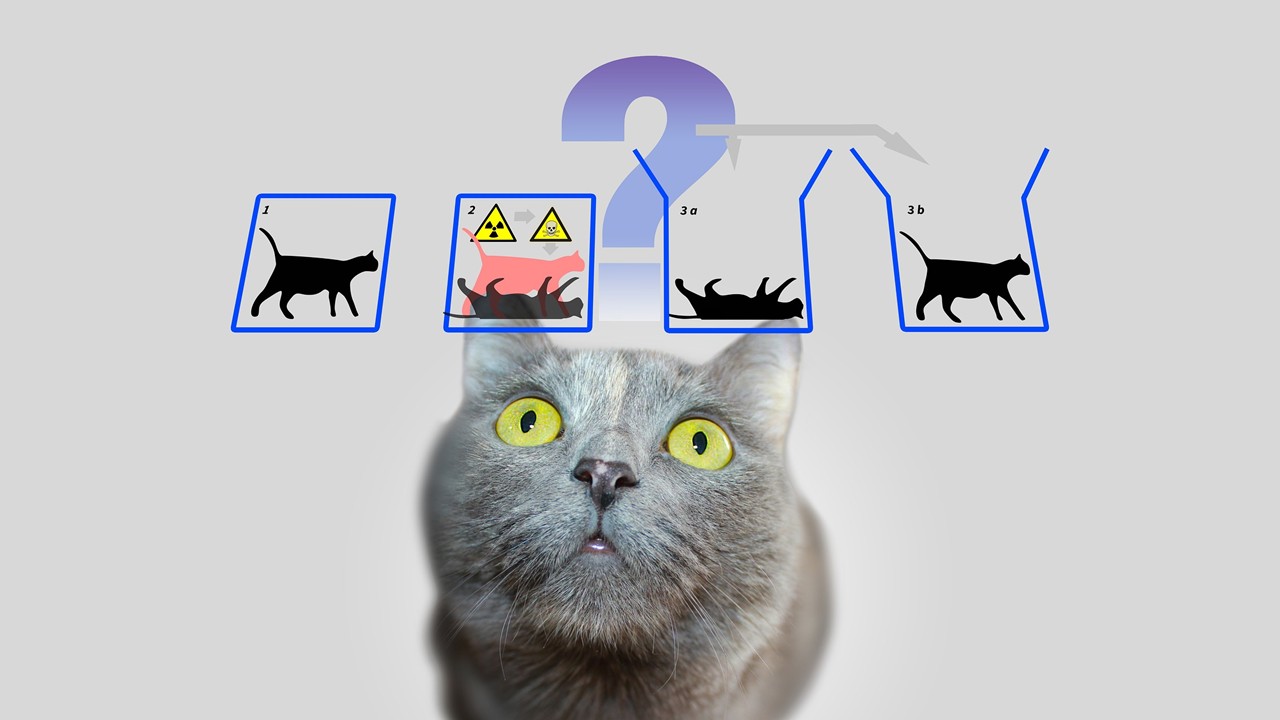
1. Quantum physics means everything is random
While uncertainty principle by Werner Heisenberg plays a key role in the field of quantum mechanics, the ability to predict other aspects of the atomic world, and that too with a great degree of accuracy is astounding. In other words, the quantum world is chaotic, mostly probabilistic, but not entirely driven by chance.
2. Quantum physics cannot be visualized
American physicist Richard Feynman once said, "Nobody understands quantum mechanics." The reason being, quantum physics is swamped by complex mathematical systems that very select people can comprehend. However, there are ways to visualize the mechanics of quantum world, like the wave function, and even Feynman diagrams are used to visualize the behavior of interacting subatomic particles.
3. Quantum physics supports mysticism
The spooky principles of quantum physics are often exaggerated by media and cause people to make wild claims. Due to a mix of misunderstanding and lack of evidence, people see quantum mechanics as a source of great spiritual and physical mystery. On the contrary, quantum mechanics is among the most well studied, predictable and accurate piece of sciences, and partly responsible for amazing technologies like the microprocessor on your cell phone, LASER, etc. The right thing to say would be, quantum physics supports modern and future technologies.
4. Quantum physics can explain everything in the universe
Some people think that quantum physics is the new golden religion. That quantum physics has answers to the origin of the universe, consciousness, life and God. Truth is, no one has answers to these big questions. The word "quantum" means "small", and quantum mechanics is a system of governing principles in the world of atoms, molecules and elementary particles. There are metaphysical regions beyond the empirical scope of quantum physics. So no, quantum mechanics cannot explain everything.
5. Particles can exist in two places at once
The square of the wave function's magnitude gives the probability of finding the particle in a specific location. While it is numerically true, that the wave function is spread over space, meaning, the particle could be at several places at one time. But in the end, this is not literal truth. Wave function is only a mathematical device, a number, or probability. Ultimately, the particle exists at only one location, we do not know which for sure. When measured (e.g., detected at a specific position), the wavefunction “collapses” to that one state.
6. Einstein was an enemy of quantum physics
Not really. Albert Einstein used the quantum model of energy, as proposed by Max Planck, to explain the photoelectric effect, which is a phenomenon used in modern day solar panels. In fact, Einstein was awarded the Nobel Prize in physics for this very groundbreaking work. Nowadays, people generally quote Einstein's famous saying - "God does not play dice." The quote is nothing more than a reflection of Einstein's discomfort with quantum mechanics. Because in classical Newtonian mechanics, which everyone got attached to, everything was determined, and predictable. But in the atomic scales, which are beyond our imagination, predictability is our enemy. Randomness rules, because of Heisenberg's glorious uncertainty principle.







 Physics, astronomy and science history blog for students
Physics, astronomy and science history blog for students
Responsive Ad Slot